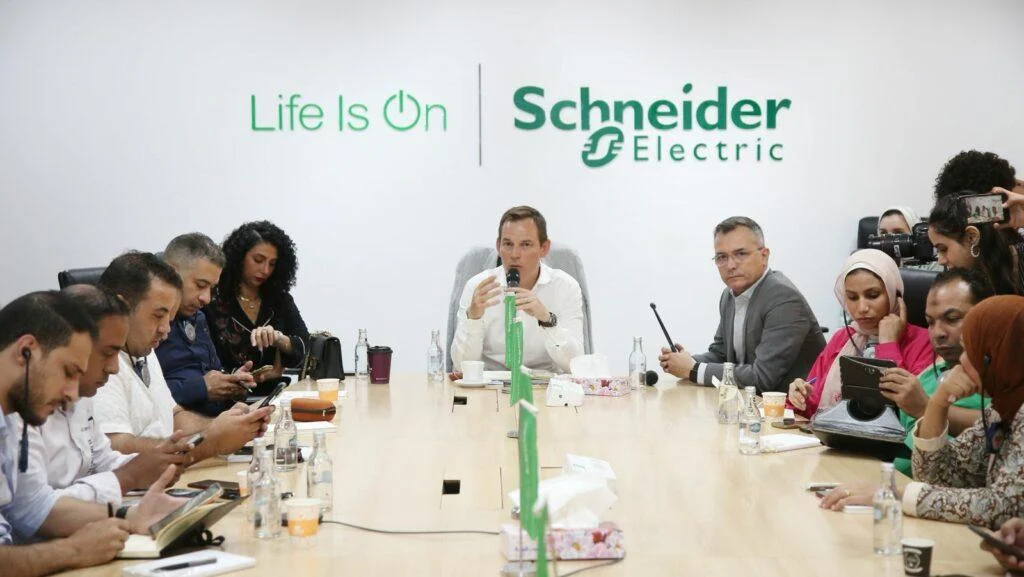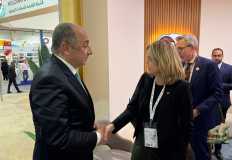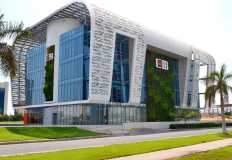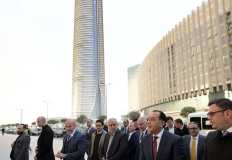
Schneider Electric, a leader in the digital transformation of energy management and automation, has revealed the latest advancements at its plant in Badr City, Egypt. These include new expansions, advanced manufacturing capabilities, innovative technologies, sustainability achievements, and investments in human capital development.
These developments align with
Egypt's Vision 2030 for sustainable development. Schneider Electric's Bader
City plant, the largest of its kind in the Middle East, serves as a pioneering
model for industrial innovation and environmental preservation. This contributes
to strengthening Egypt's position as a regional hub for manufacturing and
exports.
Established in 2009, the Badr
City plant spans 44,581 square meters, with a modern building covering 16,000
square meters. It has an annual production capacity of 6,000 medium voltage
units and 3,500 low voltage units, all supported by Schneider Electric's
EcoStruxure technology. This technology provides intelligent and connected
solutions that ensure high production efficiency and quality while maintaining
carbon neutrality.
The Badr plant is a cornerstone
of Schneider Electric's strategy to boost local manufacturing and increase
production in Egypt. The local content in the plant's products has increased
from 55% in 2021 to 81% by the end of 2024, with ambitious plans to raise this
to 85% in 2025. The plant exports more than 40% of its production to 35
countries, including Saudi Arabia, Iraq, Algeria, Uganda, Kenya, France, and
Morocco. Over the past four years, the plant has successfully increased its
export volume tenfold, reflecting the company's commitment to supporting
sustainable development in Egypt and strengthening its position as a
manufacturing hub in the Middle East and Africa.
Schneider Electric's Badr City plant has achieved "zero carbon emissions" certification, highlighting the company's commitment to sustainability and the implementation of innovative solutions in its operations. The plant meets 20% of its energy needs through on-site solar panels and relies on renewable energy sources for the remainder. Single-use plastic packaging has been reduced and replaced with recycled materials. Schneider Electric aims to achieve 50% green materials in the plant's products by 2025, having already reached 32% in 2024.





